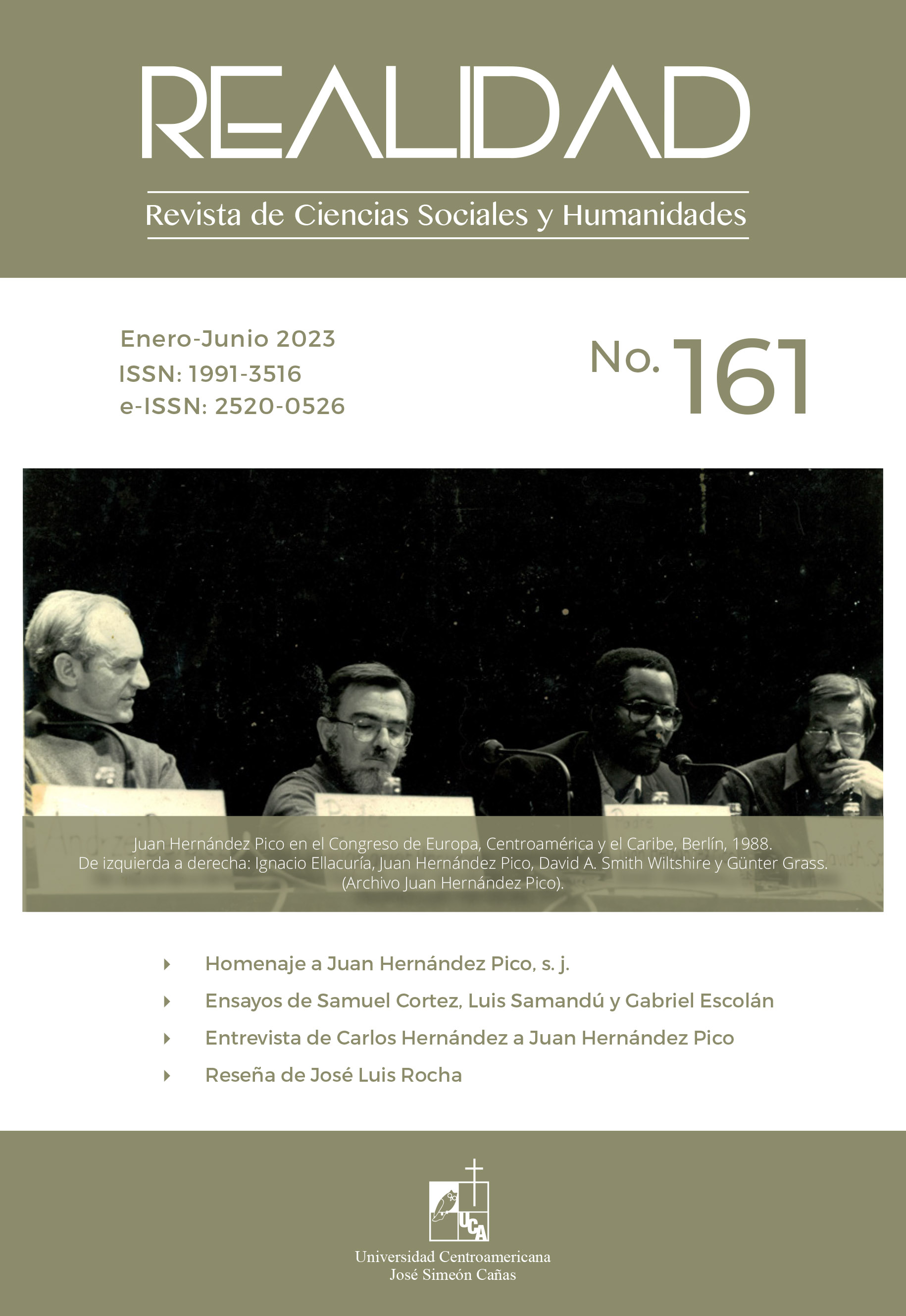Abstract
Religion permeates politics, economics, society and culture in Central America. Its role can be decisive when it comes to social and political change. This paper reconstructs the research endeavors on the relationship between popular religious movements and social change, carried out by the social sciences in Central America forty years ago. For the first time, there was a reading of the dynamism of the religious field and the transformations of religious consciousness in the context of social and political processes. But this was just a step without continuity.
Today the reality has become even more complex. Pentecostalism is the religious actor that has continued to grow in social and political importance in this region. However, a sociological thinking of religious phenomena from Central America has yet to be constructed. It means developing a framework that makes it possible to integrate efforts currently dispersed to understand the interweaving of relations between religion and socio-political processes.
Realidad: Revista de Ciencias Sociales y Humanidades No. 161, 2023: 25-43.
References
Blanco, G., y Valverde, J. (1987). Honduras. Iglesia y cambio social. San José: DEI.
Boudewijnse, B., Droogers, A. y Kamsteeg, F. (1991). Algo más que opio. Una lectura antropológica del pentecostalismo latinoamericano y caribeño. San José: DEI.
FLACSO (1993). Problemas sociorreligiosos en Centroamérica y México. Algunos estudios de caso. México: FLACSO.
Irarrázaval, D. y Richard, P. (1981). Religión y política en América Central. Hacia una nueva interpretación de la religiosidad popular. San José: DEI.
Maduro, O. (1980). Religión y conflicto social. México: Centro de Estudios Ecuménicos Centro de Reflexión Teológica.
Opazo, A. (1982). Hacia una comprensión teórica de la religión de los oprimidos. Estudios Sociales Centroamericanos(33).
Opazo, A. (1982). Las condiciones sociales de surgimiento de una Ilgesia popular. Estudios Sociales Centroamericanos(33).
Opazo, A. (1988). Panamá. La Iglesia y la lucha de los pobres. San José: DEI.
Opazo, A. (1991). El movimiento protestante en Centroamérica. Una aproximación cuantitativa. En L. Samandú (Ed.), Protestantismos y procesos sociales en Centroamérica. (págs. 11-38). San José: Editorial Universitaria Centroamericana - EDUCA.
Prien, H.-J. (1985). La historia del Cristianismo en América Latina. Salamanca: Sígueme.
Richard, P. (1986). La Iglesia de los pobres en Nicaragua (julio 1985-abril 1986). Pasos(5), 20-32.
Richard, P. (1996). El futuro de la Iglesia de los Pobres. Pasos(65).
Richard, P. (2003). Cuarenta años de Teología de la Liberación en América Latina y el Caribe (1962-2002). Pasos (106), 9-12.
Richard, P. y Meléndez, G. (Edits.). (1982). La Iglesia de los Pobres en América Central. San José, Costa Rica: Departamento Ecuménico de Investigaciones.
Samandú, L. (1989). El universo religioso popular en Centroamérica. Estudios Sociales Centroamericanos (51), 81-95.
Samandú, L. (Ed.). (1991). Protestantismos y procesos sociales en Centroamérica. EDUCA.
Samandú, L. (2001). Revisión de tendencias en el evangelismo actual en Nicaragua. CUDECA.
Schäfer, H. (1996). “¡Oh Señor de los cielos, danos poder en la Tierra!”. El fundamentalismo y los carismas: la reconquista del espacio vital en América Latina. Pasos(64), 2-14.

This work is licensed under a Creative Commons Attribution-NonCommercial 4.0 International License.
Copyright (c) 2023 Luis Samandú






